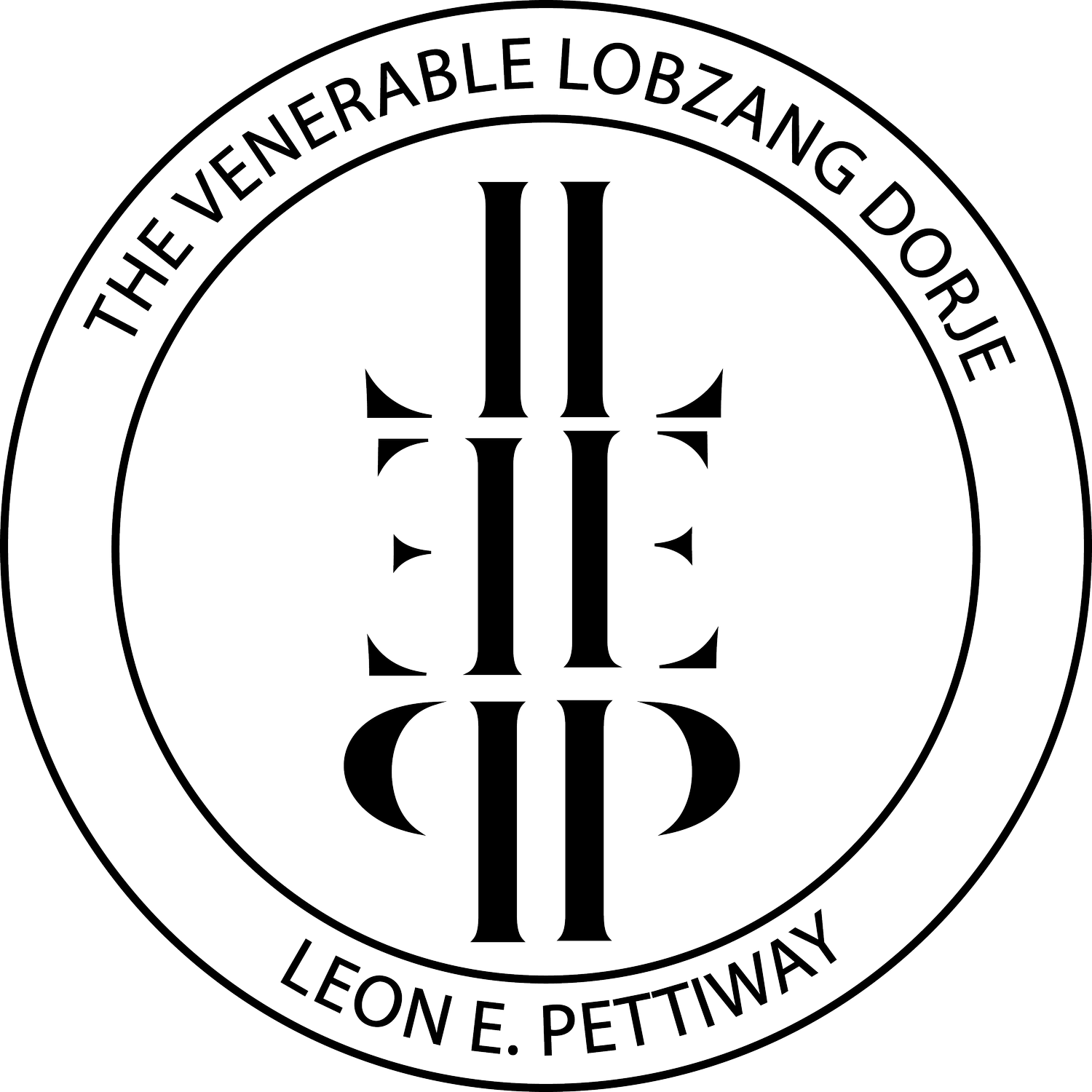Honey, Honey, Miss Thang
Being Black, Gay, and on the Streets
Honey, Honey, Miss Thang is one of the first books to chronicle certain aspects of living as a transgendered person. It must be remembered, however, that these interviews were conducted before the Transgender term was widely use or accepted in the black community, and as such, this book is one of the seminal books that reveal some of the intricacies of individuals who made their living on the streets to support their drug habits. And it should be remembered that this was also a time when some straight Americans would never embrace homosexuals as neighbors, co-workers, or friends. Still less would they accept as equals those transgendered individuals who worked the streets to provide themselves with drug money.
This book seeks to change that perception. It celebrates the lives of Shontae, China, Keisha, Detra, and Monique, five Afro-American hustlers who struggle to survive and to maintain a life of dignity and value in the face of their drug use and criminal activity. As individuals they vary in terms of background, the manner in which they entered the transgendered world, and the nature of their initiation into the drug subculture. None of them has escaped the ravages of urban decline, crime, drugs, and poverty that accompany life in an inner city, but by the same token, none of them has capitulated to the stresses with which they live.
It is impossible to read these accounts and not come away emotionally drained. As Monique explains, their lives take place in a world of chances. “You take a chance on living or dying, on being hurt or not being hurt, a chance on finding a friend or finding an enemy.” It is from this world that their voices speak so eloquently about their families, hustling, sexuality, sexual abuse, friendship, and intimacy.
The hope is that this book will evoke questions and encourage discussion so that we might re-think our assessments of those whom we have labeled “deviant.” Pettiway reaches beyond academic convention to offer a view with depth and emotion that mere statistics could never provide. While the poverty and often destructive lifestyle of these women may be gut-wrenching, their experiences reveal joy, pain, and the profound strength of the human spirit with which we can all identify. These lives have much to teach us about ourselves and those we label as “other.”
"Courage! You have to have it from the jump street. The courage to come out, you know, to deal with. If you don’t have the courage, the first time somebody say to you, you’ll run back in and do what they want you to do and still be unhappy. . . You’ve got to have it, and you’ve got to want it, you know, to be yourself when you come out her. . . . You have to look at it from the standpoint that there has to be some realization of self-love."
Excerpt from Honey, Honey, Miss Thang
Order Now
REVIEWS
Pettiway's book is a serious "strategic opening" to public issues of homosexuality, poverty, racism, crime control, welfare, drug abuse, and sexual identity. By initiating a public dialogue over the issues raised by the lives of the individuals in relation to public discourse and stereotypes, Pettiway challenges us to enter the sociological imagination on lived experiences.
—Allen, H. E., Honey, Honey, Miss Thang, by Leon E. Pettiway. American Journal of Criminal Justice, Vol 21(2)
In Leon E. Pettiway’s Honey, Honey, Miss Thang, a similar trend emerges among the transwomen who did sex work. The narratives Pettiway compiles also include the informal codes that street queens devised to discuss pricing, tips for solicitation, secret phrases used to notify each other of cops, and other tricks of the trade.
—Eva Pensis, Running Up Hill: On Love, Sex, and Work in Pose, Journal of Popular Music Studies, Vol 31(2)
In response to Honey, Honey, Miss Thang, Jody Norton states that “Pettiway exemplifies the combination of personal history, or memoir, with theorizations of identity positions; reflections on sociocultural context, including relations of empowerment and oppression; critiques of legal, political, and discursive systems, institutions, and discourses; and models of spiritual and psycho-logical recovery.”
—Jody Norton, Transformational Theory and the Future of English Studies Author(s) The Journal of the Midwest Modern Language Association, Spring, 1998, Vol. 31, No. 3
This ethnographic text is an important interdisciplinary resource that can be used in any classroom to study the familial and systemic factors contributing to the marginality of black LGBTQI2-S people.
—Babacar M’Baye, Doubly, Marginalized: Conditions and Media Representations of Black Transgender Women in the United States with a Brief Focus on Jamaica in Peary Brug, Zachary S. Ritter, and Kenneth R. Roth Editors, Marginality in the Urban Center: The Costs and Challenges of Continued Whiteness in the Americas and Beyond, Palgrave McMillian 2019



